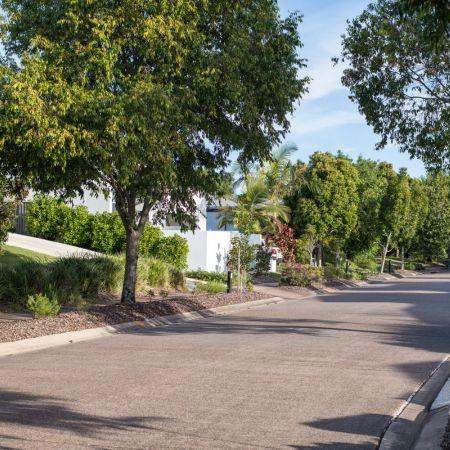Tough stance on short-stay property owners drives drop in hotline complaints
New data shows Noosa Council’s regulation of short-stay accommodation in residential areas is having a positive impact on neighbourhood amenity.

Regulation of short-stay accommodation in residential areas is having a positive impact on neighbourhood amenity.
Calls to the short-stay hotline, where residents can report noise and other impacts from short-stay properties – to be acted on within 30 minutes – have dropped off in the past year.
“In 2023 the hotline fielded 592 calls,” Council’s Development and Regulation Director Richard MacGillivray said.
“We’re more than halfway through 2024 and so far, we’ve received just 149 calls. In the same period last year there were 336 calls so that’s a 56 per cent reduction this year.
“We are also finding we aren’t getting hotline calls regarding ‘party houses’, so we believe this is a really positive sign that people are following the rules.”
In 2022 Noosa became the first council in Queensland to introduce a Short-stay Local Law.
The local law requires all short-stay property owners to apply for approval and nominate a contact person to act on complaints about noise and other issues within 30 minutes, 24 hours a day.
All short-stay properties must display the 24-hour hotline number out front.
Short-stay guests must follow a strict code of conduct to minimise the impact they have on surrounding neighbours through noise, parking, and issues such as rubbish generation.
“Our residential areas aren’t tourist precincts, and our residents were increasingly frustrated with the number of homes being used for short-stay guests, often in large numbers and with parties and other noisy activities impacting amenity late into the night.”
Mr MacGillivray said the short-stay approval process has helped build a database of short-stay properties and prevent new short-stay properties popping up in residential zone areas, as only the owners who have a development permit or existing use rights receive approval.
Application fees have funded staff to enforce the local law and manage the approval process.
“We are pleased that our short-stay local law team is now at full staffing capacity with the addition of a new Coordinator and an additional Assessment and Compliance Officer.
“In the most recent quarter - April to June 2024 – we’ve issued 87 penalty infringement notices and 150 compliance notices to short-stay owners found to be in breach of the local law, including properties that aren’t displaying the local law signage and complaints hotline number.”
Approvals either surrendered or not renewed have increased sharply - the number of approvals surrendered or not renewed increased from 83 to 146 this quarter.
“Whereas we’d previously had an estimated 4200 short-stay properties, with further analysis of active listings we now estimate that number is now down around 3500,” Mr MacGillivray said.
“That’s great news for the community as more homes will have returned to the long-term rental market.”
Council is currently reviewing the operation of the local law and in the coming months will be engaging with key stakeholders, including resident groups and the short-stay accommodation industry.
“The review will consider where we can make further improvements to the way we do business.
“Whilst there are still a number of properties that require approval under the local law – which officers are following up - the reduction in calls to the short-stay hotline, coupled with the overall reduction in short-stay accommodation properties is a positive sign that our new local law is working to address the impacts locally.”
Find out more about the Short-Stay Local Law on Council's website and check out the latest Short Stay Letting Local Law Snapshot.
